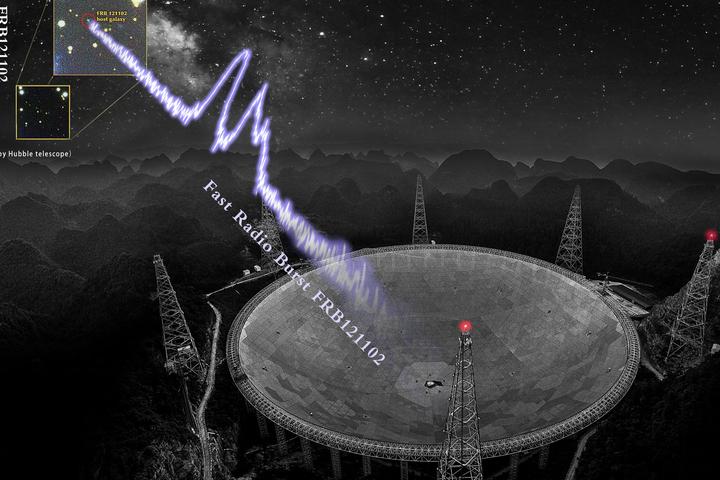University of Nevada Las Vegas
-
Time is relative – we’re all familiar with that feeling that time drags when we’re bored and flies when we’re busy. New analysis of brain activity patterns shows how our brains track time, and some intriguing insights into how cells handle it.
-
Ice may seem pretty simple in our everyday experience, but it actually comes in at least 20 different forms. Scientists at UNLV have now discovered a new type of ice that may be found deep in the Earth’s mantle or on distant watery planets.
-
A huge new dataset could soon help unlock the mystery of fast radio bursts (FRBs). Within a few weeks, over 1,600 new signals were detected coming from one of the most well-studied sources, essentially ruling out a leading hypothesis on their origin.
-
One Sun is plenty for our solar system, but some planets have been found orbiting two stars at once. Now the ante has been upped again, with evidence emerging of a planet orbiting three stars at once.
-
Researchers have discovered a material that can switch between an insulator and a conductor freely, even at room temperature. The material, a compound of manganese and sulfide (MnS2), starts off as an insulator but becomes conductive under pressure.
-
In order to keep water from evaporating from the soil, farmers often cover the ground around their crop plants with sheets of polyethylene plastic. There could soon be a more eco-friendly alternative, though, in the form of soybean oil-coated sand.
-
Scientists know of 16 types of ice. Most of these have only been created in the lab, but now, geoscientists have discovered a type known as Ice VII inside diamonds. This marks the first time the substance has been detected in nature, and it suggests that Earth’s mantle is home to pockets of water.
-
It’s been said that the first Mars explorers will have to be prepared to take one for humanity. Not only do they risk permanent neural damage as well as an increased risk of leukemia and Alzheimer’s, they could also be doubling their risk of getting cancer, a new study suggests.
-
Team Austria (Vienna University of Technology) has been announced the overall winner of Solar Decathlon 2013 after the closest competition in the history of the event. Second place went to University of Nevada Las Vegas, with the Czech Technical University achieving third place overall.








